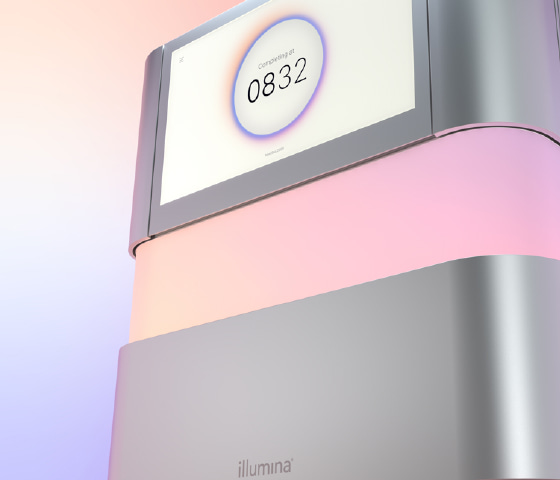Host-Pathogen Interaction Analysis

Genetics of Host-Pathogen Interactions
Critical to both fighting and finding therapies for infectious diseases is understanding disease pathogenesis, pathogen virulence, and further, how the human microbiome influences responses to pathogens and therapies. Next-generation sequencing (NGS) can help researchers study host-pathogen interactions, uncover how pathogens cause disease, and explore pathogen infection mechanisms. Understanding these factors can inform public health decisions and help identify potential future therapeutic targets.
NGS can also be used in clinical research to address whether the host microbiome influences immunity, vaccine efficacy, or therapy response, as well as study the effects of both pathogen and host gene expression and how this influences host response to a disease or therapy. Key benefits of using Illumina NGS to study the genetics of host-pathogen interactions include:
- Scalability to screen diverse sample sets
- Solutions that facilitate a multi-omic approach to perform a functional analysis of host, pathogen and microbiome and correlate findings to host response
- Analysis solutions to match your project scale

Host-Pathogen Transcriptome Analysis
NGS-based RNA sequencing can uncover valuable information about the activation/deactivation and expression levels of host and pathogen genes and transcripts. These findings can shed light on the role of host-pathogen interactions in pathogenic processes and the biological pathways involved in disease transmission. Furthermore, metatranscriptomic analysis can reveal complex interactions between the host, pathogen, and microbial community members.
Scientists Discuss Host-Microbe Interaction Studies
The Time is Now for Microbiome Studies
Researchers dissect host-microbial interactions to relate the functions in microbial communities back to disease and obtain data to refine drug discovery.
Read ArticleNGS is Revealing the Mysterious World of Microbes
Dr. Philip Hugenholtz believes understanding the host and microbiome genotype interface will be a powerful aspect of personalized medicine.
Read ArticleMicrobiome Multi-Omics and Human Health
The latest sequencing technologies allow researchers to explore what our microbial inhabitants are doing and how they contribute to, or protect from, diseases.
Read ArticleFeatured Host-Pathogen Interaction Analysis Workflows
Related Solutions
Microbiome Analysis
The study of microbial communities found in and on the human body allows researchers to understand the role of microbes in health and disease.
Shotgun Metagenomics
Analyze all genomic content in a given complex sample. Predict the functional potential of a microbial community, detect anti-microbial resistance and virulence genes, evaluate microbial diversity, and analyze microorganisms culture-free.
Microbial Transcriptomics
RNA sequencing offers an unbiased approach for analyzing and quantifying bacterial, viral, and other microbial transcripts.
Infectious Diseases & NGS
NGS can identify novel pathogens, distinguish between infectious disease strains that differ by as little as one SNP, and replace the need for multiple assays.
COVID-19 Host Risk & Response
Explore methods for studying host genetic risk factors and immune system responses to the SARS-CoV-2 virus.